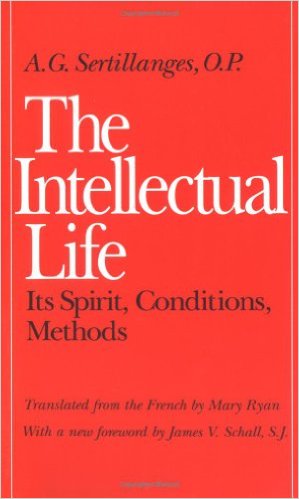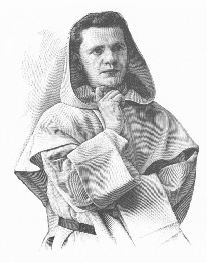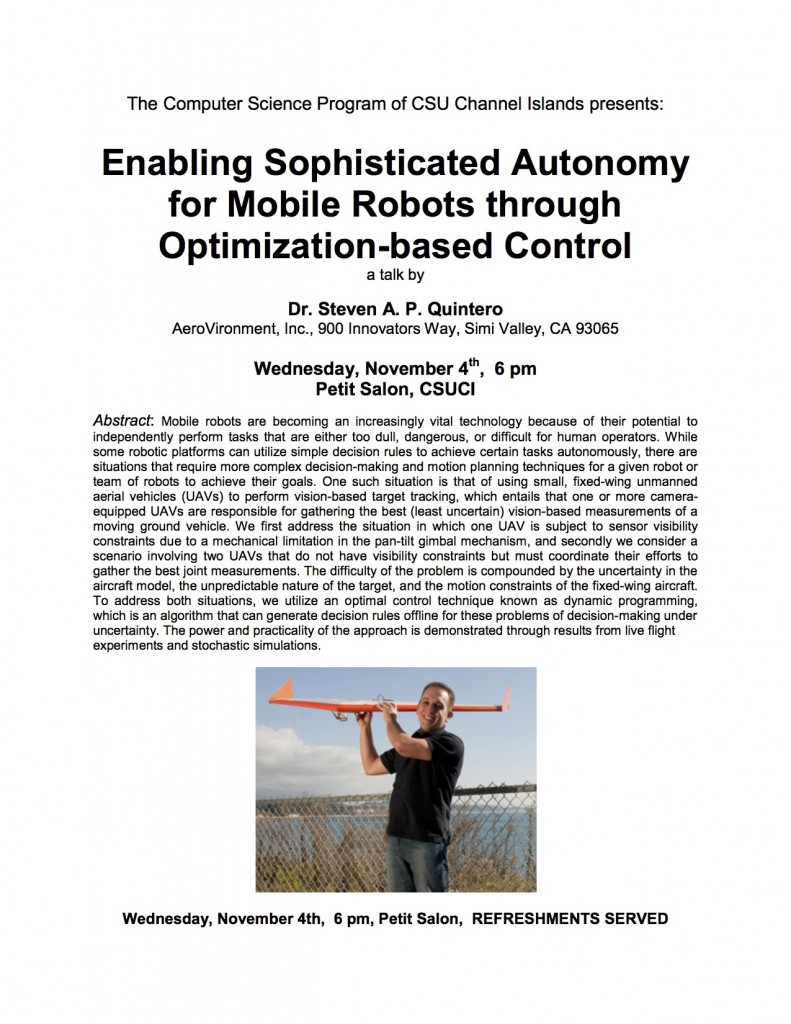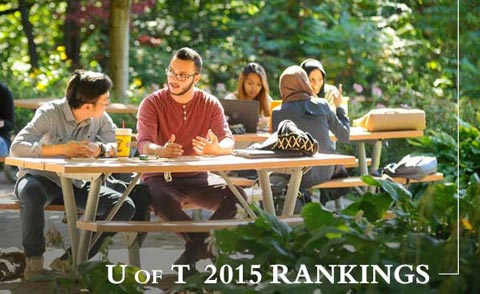Blog
WordPress 4.4 is here!
Mechatronics Engineering at CSU CI slides from Dec 1 talk
[slideshare id=55950031&doc=soltys-eng-bb-dec2015-151208204849-lva1-app6891]
Open PostDoc position at the research group Theoretical Computer Science at University of Siegen, Germany
The CI Computer Science Club presents a talk by Software Engineers from JPL
Computer Science Talk in Mobile Robotics
On November 4th, at 6pm, in the Petit Salon, Computer Science is organizing an event to which everyone is invited, especially current and prospective graduate students. There is going to be food, good company, and an exciting talk by Dr. Quintero (see ad below). For more information, please contact David Claveau <david.claveau@csuci.edu>.
Finishing reading the classic, The Intellectual Life by Sertillanges

 I’m finishing reading a great book, by Sertillanges. It is a classic “manual” for intellectual pursuits: how to organize one’s time, how to become a specialist without losing the wider perspective, etc. A.G. Sertillanges, O.P., (the O.P. abbreviates Order of Preachers, Ordo Praedicatorum, Dominicans, in England also called “Blackfriars”) wrote this book a century ago, and in some ways it is a bit old fashioned – he didn’t experience today’s deluge of information – but it is still an extremely useful work for anyone who wants an intellectual life, what we now call “life-long-learning”.
I’m finishing reading a great book, by Sertillanges. It is a classic “manual” for intellectual pursuits: how to organize one’s time, how to become a specialist without losing the wider perspective, etc. A.G. Sertillanges, O.P., (the O.P. abbreviates Order of Preachers, Ordo Praedicatorum, Dominicans, in England also called “Blackfriars”) wrote this book a century ago, and in some ways it is a bit old fashioned – he didn’t experience today’s deluge of information – but it is still an extremely useful work for anyone who wants an intellectual life, what we now call “life-long-learning”.
Neerja Mhaskar and I have a paper presented at PSC 2015
We (Neerja Mhaskar and Michael Soltys) had our paper presented at the Prague Stringology Conference; the paper introduces a new formal framework for Stringology, which consists of a three-sorted logical theory S designed to capture the combinatorial reasoning about finite words:
And these are the slides:




